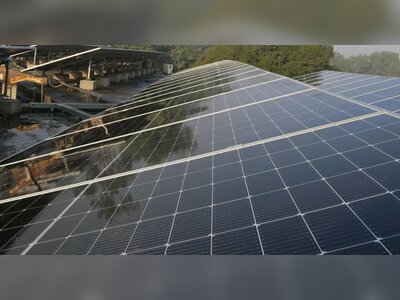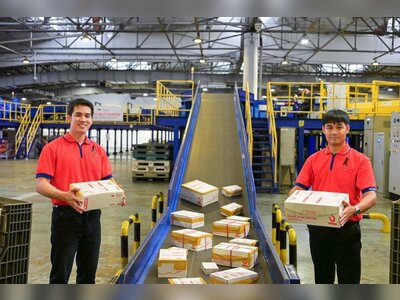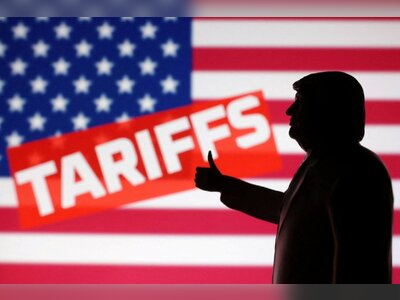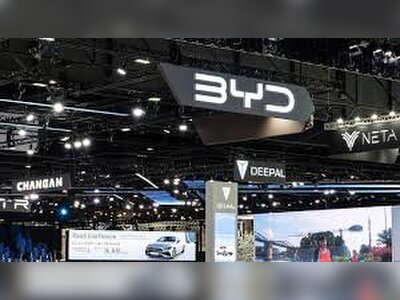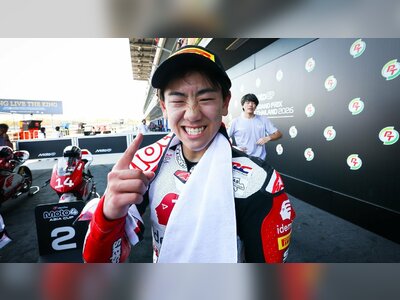Chinese EV Manufacturer Wuling Begins Assembling at Thailand Factory
Thailand's Chonburi factory marks a new chapter for Wuling, highlighting increasing Thailand-China automotive collaboration.
In a significant development for the Southeast Asian automotive industry, Chinese electric vehicle (EV) manufacturer Wuling has commenced the assembly of its vehicles in Thailand, underlining the growing collaboration between Thailand and China in the automotive sector.
The factory, located at the Laem Chabang Industrial Estate in Chonburi province, is operated by EV Primus Ltd, in partnership with China’s SAIC-GM-Wuling.
The facility, which represents a joint investment valued at 200 million baht, is set to produce a maximum output of 10,000 units annually.
This strategic move is anticipated to bolster Wuling's manufacturing capabilities and expand its footprint in the burgeoning Southeast Asian EV market.
Currently, the factory has begun assembling the Wuling Bingo model, a sign of the brand's commitment to expanding its presence in the Thai market.
Impressively, the company sources 50% of its parts locally, with plans to increase this to 70% by 2026.
This aligns with broader regional trends emphasizing local sourcing and manufacturing to enhance economic growth and integration.
According to Pitaya Tanadamrongsak, the CEO of EV Primus, the Wuling Bingo model has garnered a positive reception since its launch three months ago.
With over 800 units already ordered, the company anticipates surpassing its sales target of 1,000 units shortly.
Overall, EV Primus has successfully delivered over 1,800 units of the Bingo and Air models to Thai consumers.
This manufacturing venture serves a dual purpose: it fulfills Wuling's obligation to meet domestic production requirements as per Thailand's EV 3.0 and 3.5 policies.
These initiatives provide import tax exemptions but mandate foreign automakers to establish local manufacturing operations.
This policy aims to incentivize international companies to invest directly in Thailand, thereby fostering technological exchange and economic development.
Furthermore, Wuling plans an ambitious expansion in the Thai market, with intentions to introduce five additional models by 2027.
This strategic initiative indicates the company's long-term commitment to the region and highlights the increasing importance of Thailand as a pivotal hub for automotive innovation and production in Southeast Asia.
The factory, located at the Laem Chabang Industrial Estate in Chonburi province, is operated by EV Primus Ltd, in partnership with China’s SAIC-GM-Wuling.
The facility, which represents a joint investment valued at 200 million baht, is set to produce a maximum output of 10,000 units annually.
This strategic move is anticipated to bolster Wuling's manufacturing capabilities and expand its footprint in the burgeoning Southeast Asian EV market.
Currently, the factory has begun assembling the Wuling Bingo model, a sign of the brand's commitment to expanding its presence in the Thai market.
Impressively, the company sources 50% of its parts locally, with plans to increase this to 70% by 2026.
This aligns with broader regional trends emphasizing local sourcing and manufacturing to enhance economic growth and integration.
According to Pitaya Tanadamrongsak, the CEO of EV Primus, the Wuling Bingo model has garnered a positive reception since its launch three months ago.
With over 800 units already ordered, the company anticipates surpassing its sales target of 1,000 units shortly.
Overall, EV Primus has successfully delivered over 1,800 units of the Bingo and Air models to Thai consumers.
This manufacturing venture serves a dual purpose: it fulfills Wuling's obligation to meet domestic production requirements as per Thailand's EV 3.0 and 3.5 policies.
These initiatives provide import tax exemptions but mandate foreign automakers to establish local manufacturing operations.
This policy aims to incentivize international companies to invest directly in Thailand, thereby fostering technological exchange and economic development.
Furthermore, Wuling plans an ambitious expansion in the Thai market, with intentions to introduce five additional models by 2027.
This strategic initiative indicates the company's long-term commitment to the region and highlights the increasing importance of Thailand as a pivotal hub for automotive innovation and production in Southeast Asia.



